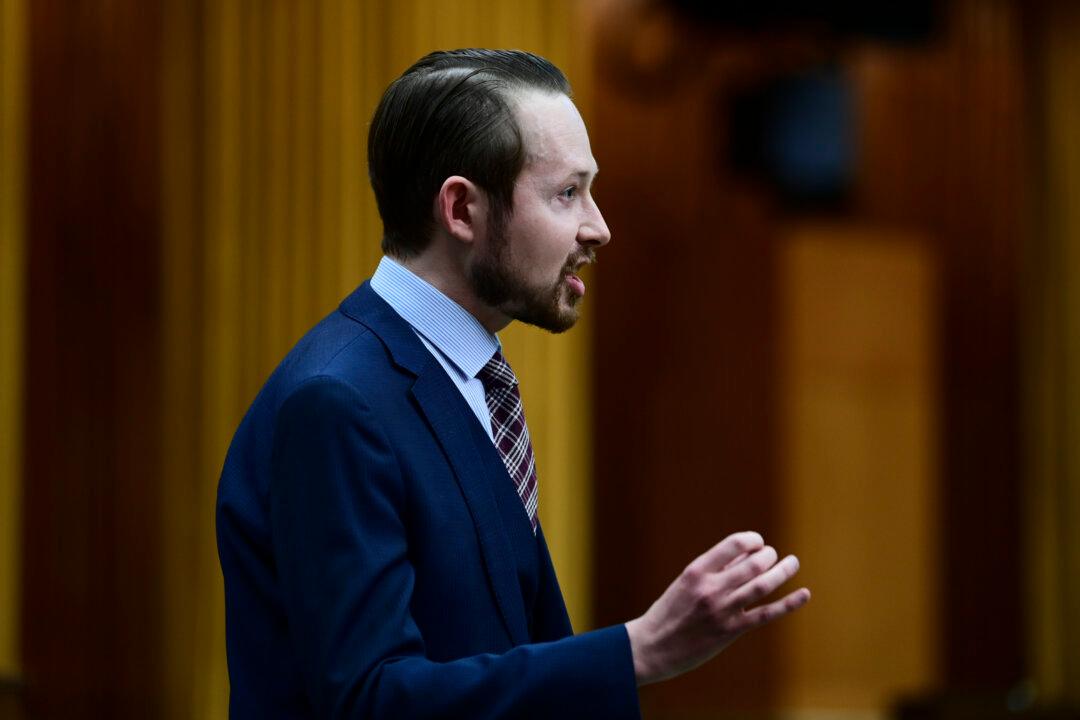Canadian institutions and corporations must not be complicit in the Chinese Communist Party’s (CCP) effort to delegitimize and oppress Taiwan, Conservative MP Michael Cooper says.
Members of the Taiwanese community in Canada have recently made complaints to Cooper that they were forced to indicate “Taiwan, Province of China” when specifying their nationality in applications to the Canadian Institutes of Health Research (CIHR) and the Canadian English Language Proficiency Index Program (CELPIP).





